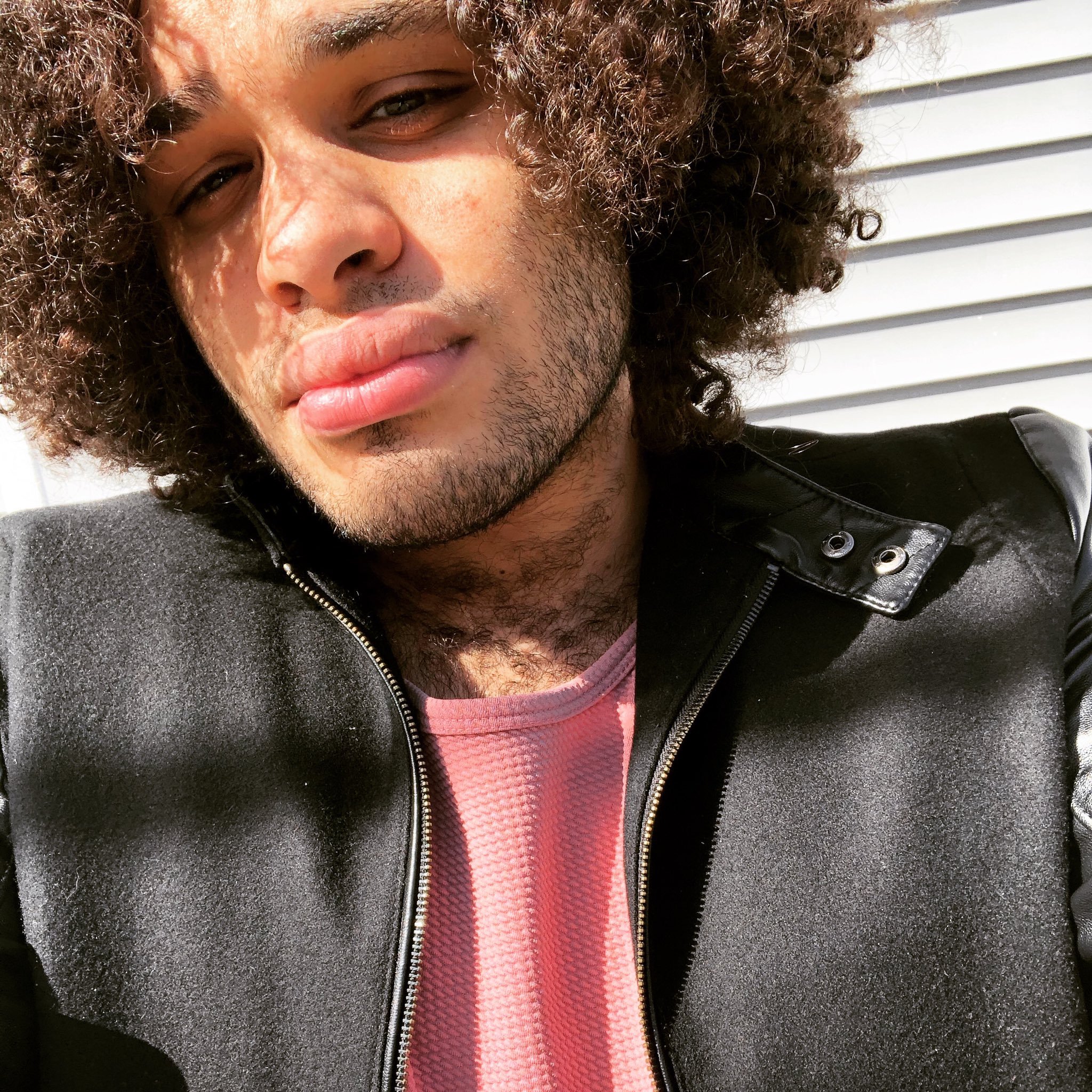Blockchain Doesn’t Discriminate - How the Tech Empowers the Trans Community
With transgender people four-times more likely to face violent attack, the metaverse can offer some reprieve

This is part of Decential’s web3 and blockchain coverage celebrating Pride Month
Many transgender people are years into the transition timeline before their gender euphoria moment. The wait can be devastating, and some worry they won’t ever fully transition. For trans and non-binary people, the metaverse provides a portal to alleviate their dysphoria and express their true selves.
It can take months to change a legal name and years to change genders, but virtual worlds allow people to show up in a way that’s congruent with how they feel inside – before they might be able to do so in real life. This freedom of expression and iteration of self is becoming more pertinent with queer bars closing down and hate crimes ramping up.
The physical and psychological safety the metaverse offers is a somber juxtaposition to the real world right now. Violence towards transgender people and the queer community has increased dramatically. New research echoes the state of the anti-queer sentiment, with transgender people in the United States being four times more likely to be the victim of a crime than cisgender people.
Crimes are also occurring in queer-friendly North American cities, such as Vancouver. Ivy Astrix, a transgender woman, came close to being the victim of a trans-motivated crime last week. While virtual environments aren’t a replacement for IRL, she said it can provide trans people with a sense of safety, while still allowing for socializing.
“The metaverse can also really help with certain parts of transitioning, whether it’s your voice, hair or you’re still learning how to do makeup,” Astrix said to me recently. “You can use features such as filters and voice avatars. The point of using the metaverse is getting away from the parts of yourself that are still struggling to transition.”
Ivy Astrix
It might occupy a different space and be more of a reaction, as we can spin up environments quickly versus organizing events in real life, she said. Finding a venue and getting permits takes time and resources – and there’s a growing graveyard of gay venues.
And as the technology gets closer to photorealism, the metaverse becomes even more of an enabler.
Astrix, who is a senior engineer at Twali, a web3 jobs network platform, and a guild contributor to Boy’s Club, was attracted to build – and stay in – the space because of its inclusivity.
“I’ve seen more trans people be free to be themselves in web3, than any other sector,” Astrix said. “If this spirit survives, it’s going to be web3’s greatest contribution. Traditional tech has made a lot of social inroads and progress, but there’s just something really special to web3.”
Queer rights and the promise of blockchain share an ethos of liberation, free from authoritarian systems. En Canada, who is black, trans and queer, became “enchanted” by web3 – back when web3 was just called crypto. Canada, pictured above, is head of community at WonderVerse.
“There were small groups of people sharing information such as finding gender-affirming care before it was widely available and where to work, safe from discrimination,” Canada said. “This was a decentralized movement. Crypto is co-opted and decontextualized from queer, trans, and black roots.”
They used the analogy of book burnings, which is timely with the banning of transgender story books in schools.
“The blockchain is resistant to destruction” as well as “neutral and unbiased,” Canada said. “It doesn’t hate queer people, nor does it make any commentary. My hope is that we see it as a way to be uncensorable, where we don’t need permission from any state or country.”
Canada, who never felt the desire to medically transition, said the metaverse allows people to be who they want to be.
“I see variance as the most sacred thing,” they said. “It’s a powerful tool we have for self-expression. I like the ability to say I am many things; I am a superposition of many things. Newness is innovation and evolution.”
Web3 is a natural place for queer folks to land, as many have experience organizing and activating communities. While Astrix admits web3 isn’t a utopia for trans people, it’s critical that there are queer folks using, building and being represented in this new frontier.


